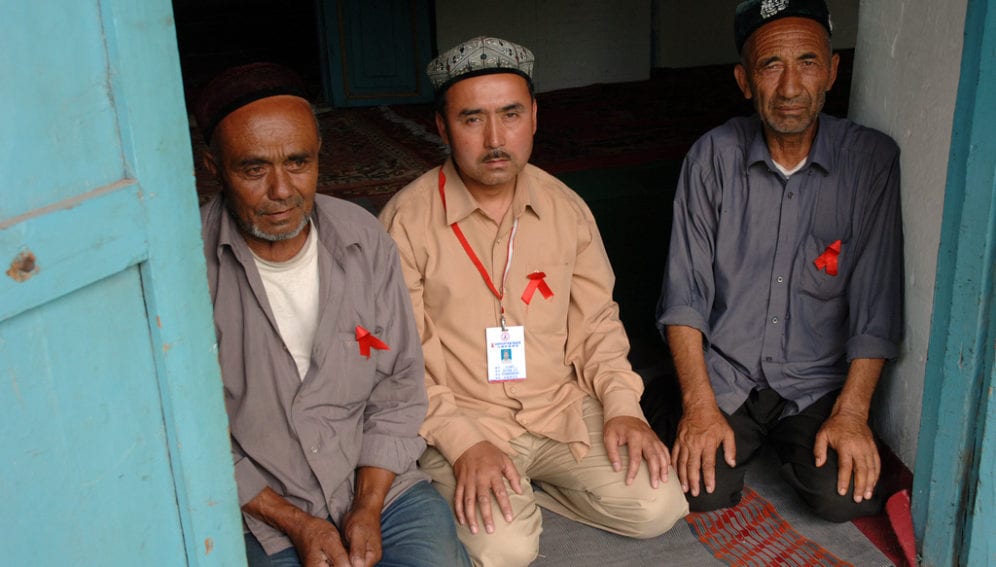By: Roger Williamson
Send to a friend
The details you provide on this page will not be used to send unsolicited email, and will not be sold to a 3rd party. See privacy policy.
Imagine a world in which the poor have the same chances of good health as the rich. Last week, a SciDev.Net story made me ask myself just this question — what do the poorest billion need to improve ‘poor health’?
The article reported that the WHO will decide on research projects to fund in the area of neglected tropical diseases that have funding gaps due to market failures. This is good news. But we should remember that, although delivering healthcare for the poorest cannot work without science at its core, this alone is not enough — to be effective, healthcare also needs universal access and delivery.
Of course, there is more that science could contribute to improve global health. So, yes, there are tropical diseases that could be better researched. For example, more research capacity is needed in poor countries, whether this is funded by taxes or aid. And more initiatives such as that of GlaxoSmithKline — which is sharing its intellectual property regarding these diseases — can go some way to improve scientific cooperation and cut the costs of developing treatments.
“We need both effective health systems and grassroots demand to ensure that health innovations make a difference.”
Roger Williamson
Recent decades have seen huge innovation in funding and delivery for effective health systems, for example, the creation of the Global Fund to Fight AIDS, Tuberculosis and Malaria — three neglected diseases that otherwise receive little attention. And between 1980 and 2011, polio cases dropped from 400,000 to only 700 worldwide through well-organised vaccination campaigns.
Yet research and innovation on their own have not solved global health problems: 1.1 billion people lack access to safe drinking water and 2.4 billion to sanitation. This causes about two million deaths a year — many of them small children. Though scientists understand that sanitation is vital it can’t make a difference without health awareness at a local level. But local people themselves can reduce these deaths if they grasp that “shit matters” — as the title of a 2010 Institute of Development Studies report emphasises. [1]
It is timely for us to consider our overall approach to healthcare 20 years on from the World Bank’s seminal 1993 World Development Report on investing in health. An important Lancet report in recognition of this occasion suggests some ways to close the health gap between rich and poor. [2]
Tackling poor health requires both science — health research, for example — and financing, in this case a proper market for research outputs. The drugs may exist but someone has to pay for them.
For healthcare to be effective and economical, this market also has to be large scale. AIDS treatment in Africa is a case in point: the Global Fund has helped provide antiretrovirals but, tellingly, for these to find widespread use people needed to speak out against AIDS denial, especially in South Africa. This included the Treatment Action Campaign and later Nelson Mandela publicly ‘coming out’ about his son’s death from the disease.
So let us remember that we need both effective health systems and grassroots demand to ensure that health innovations make a difference.
Roger Williamson is an independent consultant and visiting fellow at the Institute of Development Studies at the University of Sussex, United Kingdom. Previous positions include organising nearly 80 international policy conferences for the UK Foreign Office and being head of policy and campaigns at Christian Aid.
References
[1] Mehta, L. and Movik, S. Shit Matters: The Potential of Community-Led Total Sanitation (Institute of Development Studies, 2010)
[2] The Lancet Global health 2035: a world converging within a generation (Lancet, 3 December 2013)














